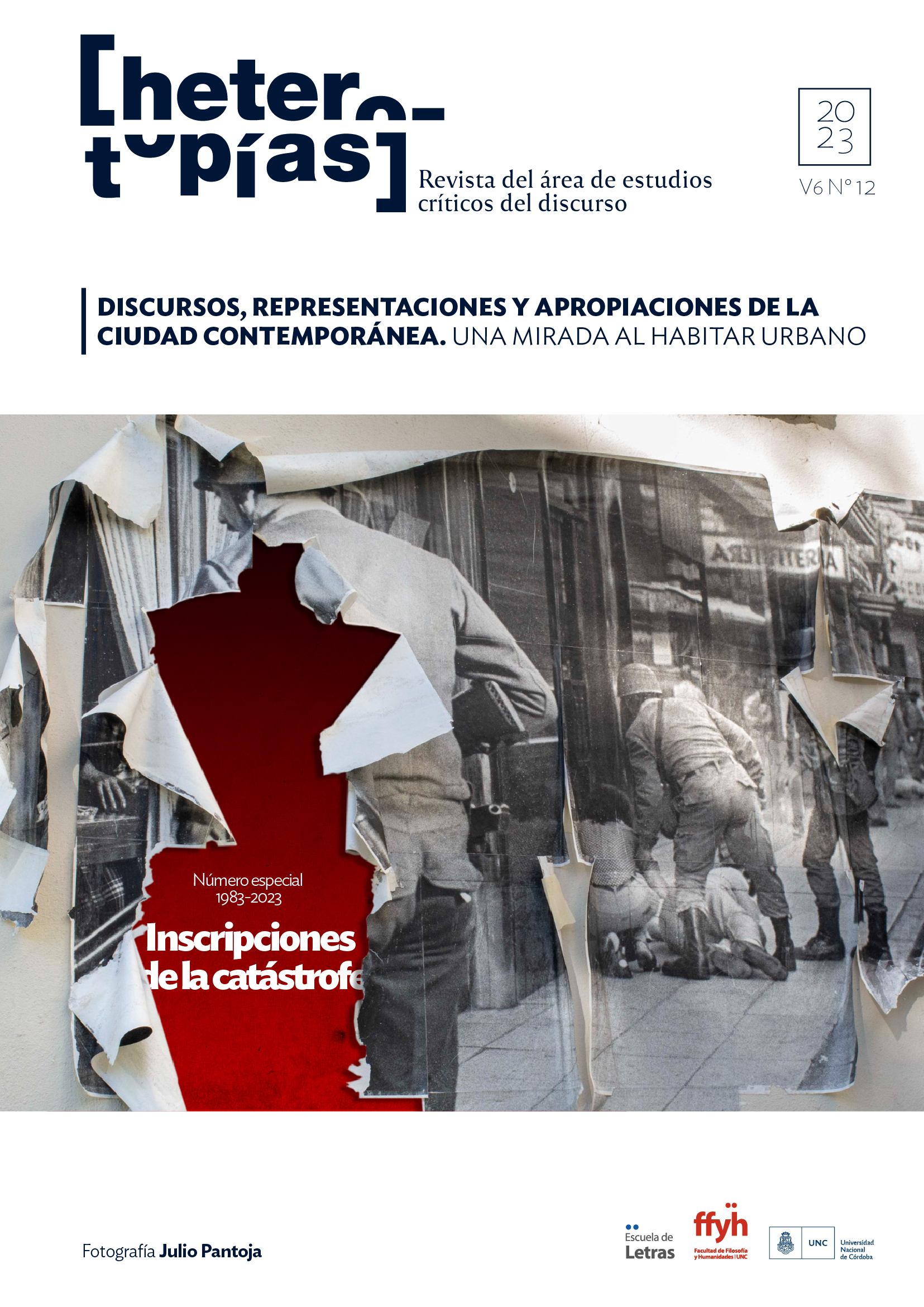Image and memory in times of denialism and hate speech
Main Article Content
Abstract
This article explores the intersection between memory, testimony, and photography in the construction of an understanding of past events and how this relationship is being challenged in the digital age. It emphasizes the significance of images as visual testimonies and the capacity of photographs to influence the perception of truth and the construction of historical and social narratives. There is an emphasis on the impact of digital image manipulation and the growing distrust in the veracity of photographs, which poses challenges in the fight against denialism and the creation of false narratives. Historical examples of image manipulation are mentioned, underscoring the importance of working towards the construction of social imaginaries based on ethics and intellectual honesty. Furthermore, it highlights the importance of responding to hate speech and intolerance through the production and circulation of images that promote memory and truth. Examples of artistic and political actions that have used images as tools for protest and raising awareness of events, particularly in the Argentine context marked by military dictatorship and human rights abuses, are mentioned. A call is made to address these challenges collectively and through a multidisciplinary approach in an era marked by post-truth and information manipulation.
Downloads
Article Details

This work is licensed under a Creative Commons Attribution-NonCommercial-ShareAlike 4.0 International License.
Those authors who have publications with this journal, accept the following terms: Those authors who have publications with this journal, accept the following terms:
a. The authors will keep their copyright and guarantee to the journal the right of first publication of their work, which will be simultaneously subject to the Creative Commons Attribution - Non-Commercial - Share Alike (by-nc-sa) Attribution License; no commercial use of the original work or any derivative works is allowed, the distribution of which must be done with a license equal to the one that regulates the original work.
b. Authors may adopt other non-exclusive license agreements for the distribution of the published version of the work (e.g., deposit it in an institutional telematic archive or publish it in a monographic volume) provided that the initial publication in this journal is indicated.
c. Authors are allowed and recommended to disseminate their work through the Internet (e.g. in institutional telematic archives or on their website) before and during the submission process, which may lead to interesting exchanges and increase the number of citations of the published work. (See The effect of open access).
References
Barthes, R. (1968). L'effet de réel. Communications, 11, 84-89.
Barthes, R. (2009). La cámara lúcida. Paidós.
Rigat, L. (2015). Cuerpos Marcados. La imagen como documento, testimonio y crítica social. La Trama de la Comunicación, 19, 151-162.
